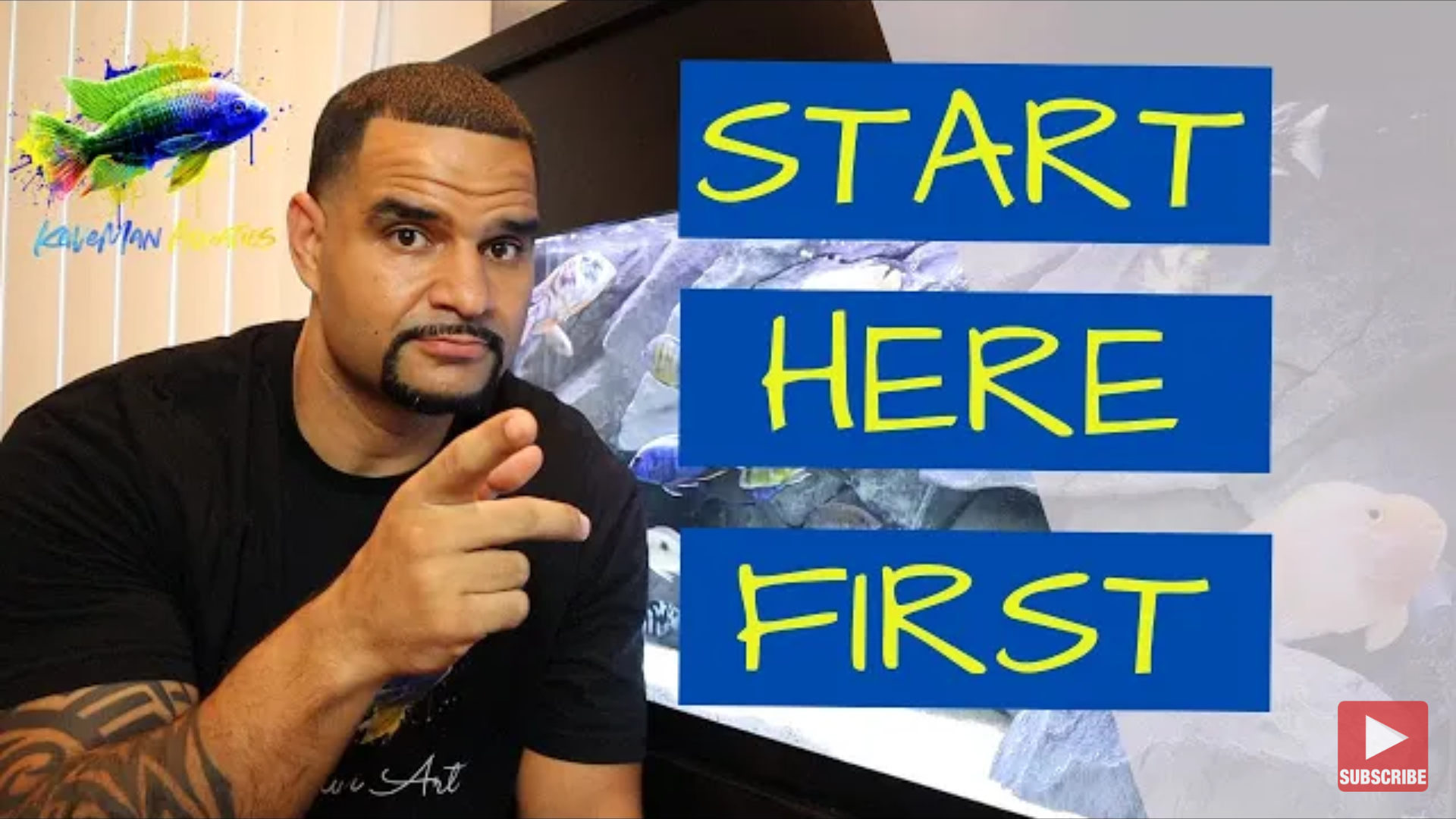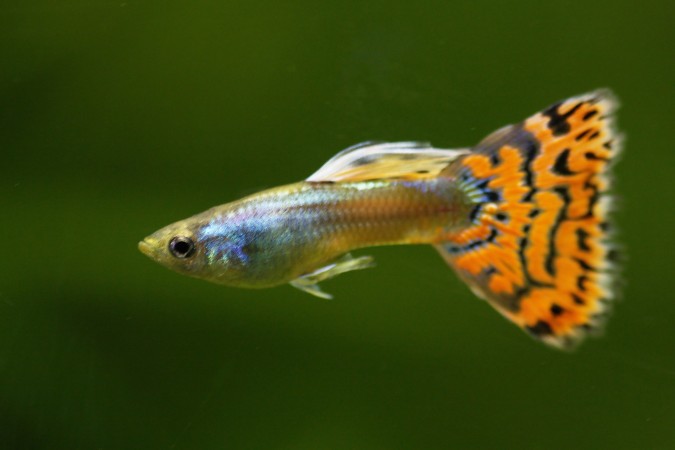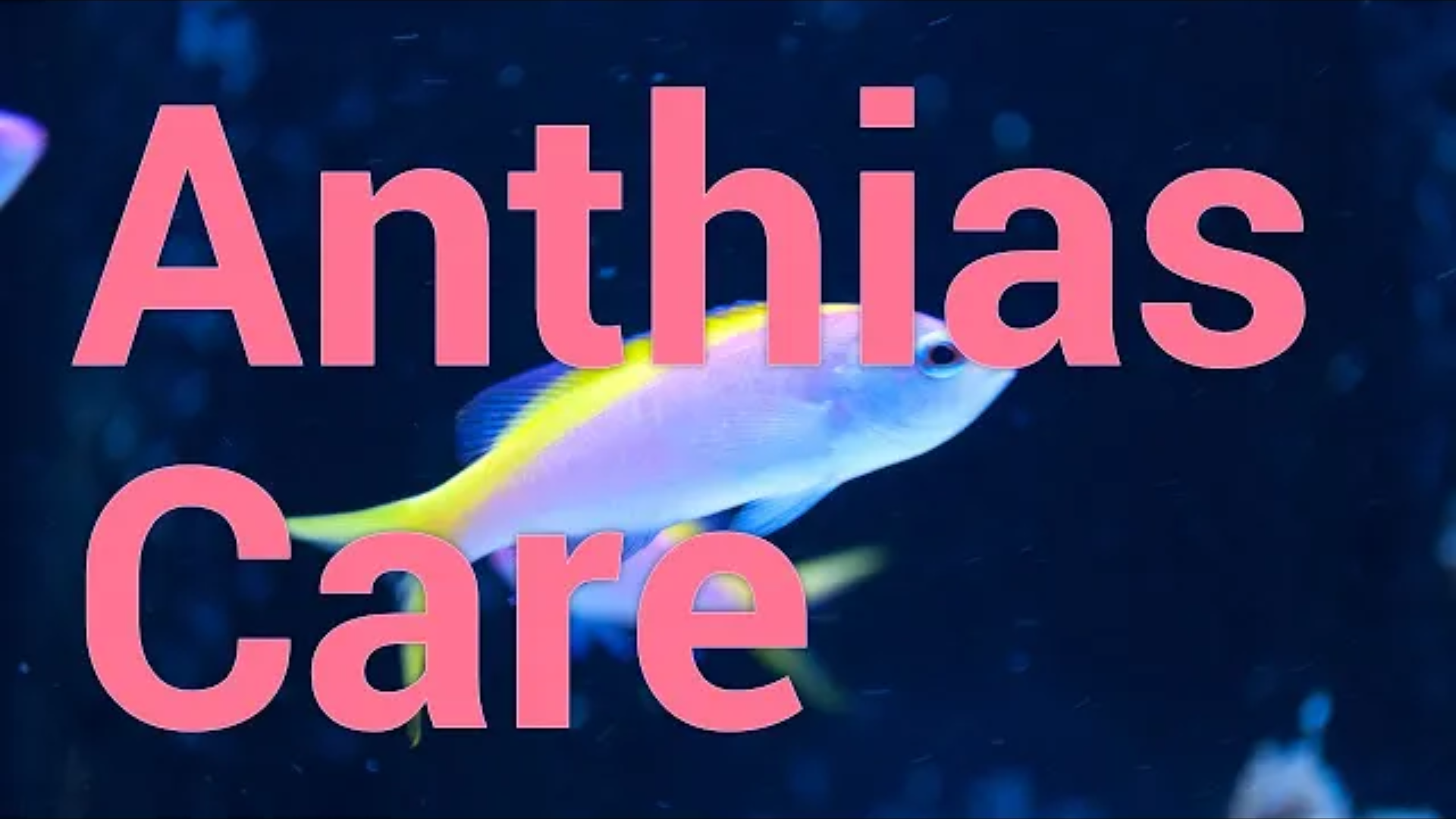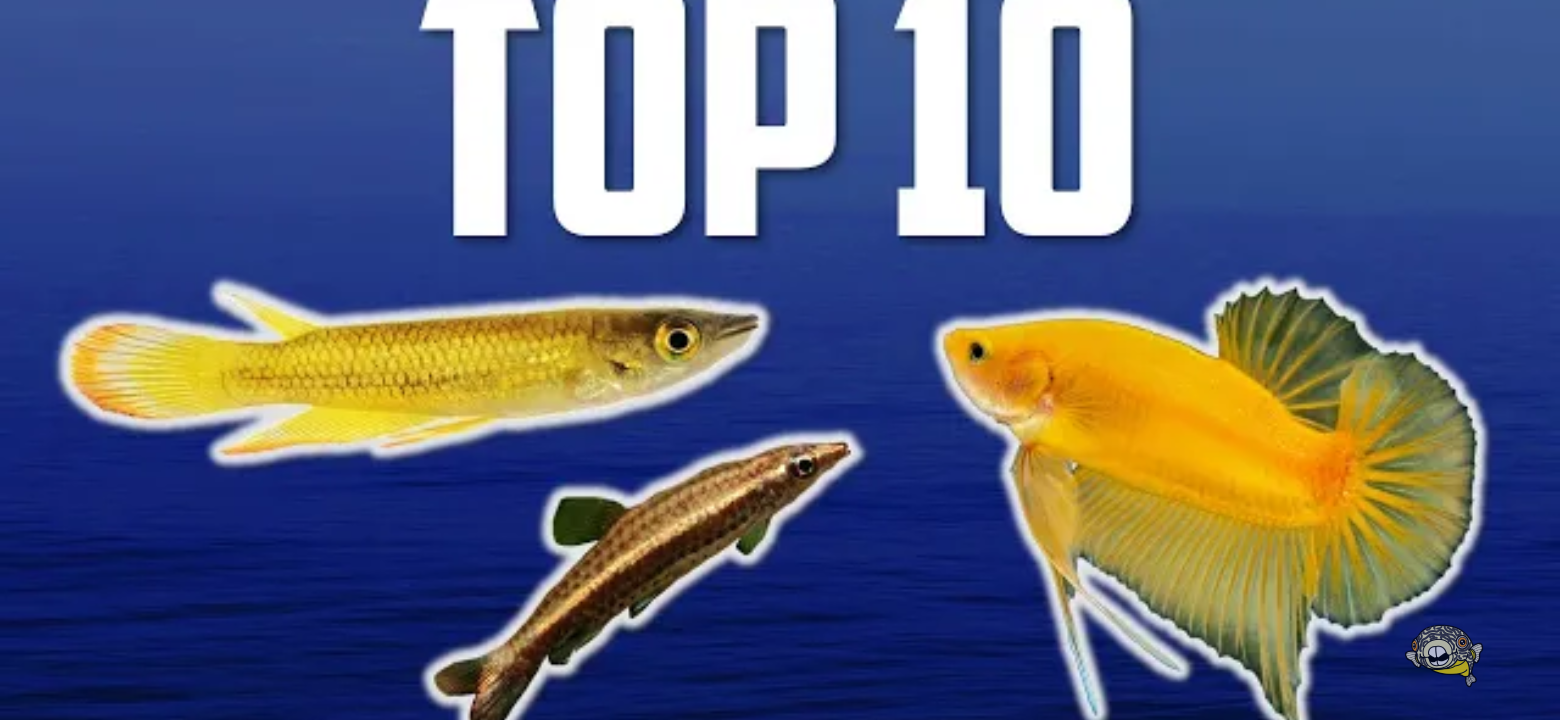Aquarium Hobby: Top 3 must know tips for beginners
- Jan 15, 2021
- Anshika Mishra
- 427 0 0

Getting your very first aquarium is very exciting as well as tensed time. The first tank is the decider of your loving with a hobby or just dropping it forever. With the right setup, this hobby is one of the best hobbies you can have. It is very relieving to watch your fishes swimming in the water after a long hectic day.
So, here are the top 3 must-know things for the aquarium hobby:
Let's clear the basics first.
The obvious things that you are going to need while starting a new aquarium are
- A tank
- A filter
- A light
- A heater
- Some substrate
- Some decor
- And some fish
All these things are personal preferences, so go with something that works for you and your home.
1. Must let your tank cycle
While searching for new fishes to fill your aquarium, the store owner must have told you not to buy fish and throw them directly in your brand new tank. Well, he is right!
You can not buy a tank, fill it with water and some decore, and then buy brand new fish and throw them in your tank. They will die. This will make you sad and might turn you away from the hobby.
Nitrogen Cycle
The reason why you cannot add new fish to your tank because of something called the 'nitrogen cycle.' The thing is that your fish will surely eat, and when they eat, they indeed will have to extract waste. This waste dumps in your tank, decomposes, and turns into Ammonia.
Ammonia is very, very harmful, even deadly, to your fish. This is the number one killer of new fish in a new tank, and it is usually called 'New Tank Syndrome.'
So, how is that ammonia removed?
This is where the nitrogen cycle comes into play. After setting up your new tank, within a time of 3-4 weeks, beneficial bacteria will grow on all of your surfaces. You can not see these bacteria. They will begin to grow on.
- Your decor
- Your glass
- Your substrate
- And inside your filter medium.
External Help.
There are some great products in the market nowadays that will boost your cycle time and allow you to add your fish to your new tank in about a week (give or take a few days). They will add the beneficial bacteria to your tank right from the bottle. It also allows the bacteria to settle and colonize on all your surfaces.
These beneficial bacteria will remove and convert the ammonia into a less harmful byproduct keeping your fish safe for the tank and keeping your fish alive.
If you add fish to your tank too soon, without letting the product have enough time to finish the process, then you can have too much ammonia in your tank, and your fish can die.
2. Not For The Lazy
The aquarium hobby is for anybody but a sloth. This hobby requires a lot of maintenance and care.
Nitrates
Though the beneficial bacteria convert ammonia into a less harmful bioproduct, also known as nitrates, nitrates can power up. Once they reach a certain level, they become very dangerous for your fish.
So, how do you get rid of nitrates?
You will require to do water changes. You will have to periodically remove some water from your tank and add some new. The time gap between water changes directly depends upon the bioload. Bio load is
- The amount of fish that you have in your tank
- How often you feed them
- How much waste they produce
- Whether you have live plants in your tank or not
All this will affect your bioload, which will determine when you need to do water changes. Plants will help remove nitrates, but they still don't substitute for a good water change.
De-chlorination
Before having any new water in your tank, you must de-chlorinate that water. Tap water that we use and drink is chlorinated to keep it clean for us, but chlorine in your tap water can kill your fish, plants, beneficial bacteria, and everything. So, make sure to chlorinate it.
Other Usual Problems
Besides water changes, you will have to keep your filter clean, and you might have to replace your chemical and mechanical media. It would be best if you never replaced your bio-media. Your fish can get sick. Then you will have to quarantine them and medicate them. You can wake up one morning and can have a bunch of fray in your tank, or you can have aggressive fishes that want to fight everybody, and you will have to deal with them.
You don't need to panic over the work. You will start enjoying the work and your fish in no time.
3. Cost
This hobby is also not cheap. Even if you start with a small tank and a few fishes, things will start to add up. Apart from the setup, the fishes' cost is always upscale. There are fishes for every budget, and you can get a bunch of fishes for a few dollars and just one for thousands of dollars.
But again, don't be discouraged. You should know. Knowing your budget will help you choose the parties and most suitable fish for your tank.
This is something that 90% of the fish keepers in the hobby have to deal with is a disease called 'MTS.' If you catch MTS, it hits very hard. MTS stands for Multi-Tank Syndrome.
Don't worry. It's not a real disease, and it is the feeling of getting more tanks, more fishes, bigger fish, bigger tanks, different species of fish, freshwater fish, saltwater fish. There is a huge variety to enjoy that you can get bit by that bug.
But all being said, make sure to enjoy your journey from a new fish keeper to an experienced fish keeper!






About author